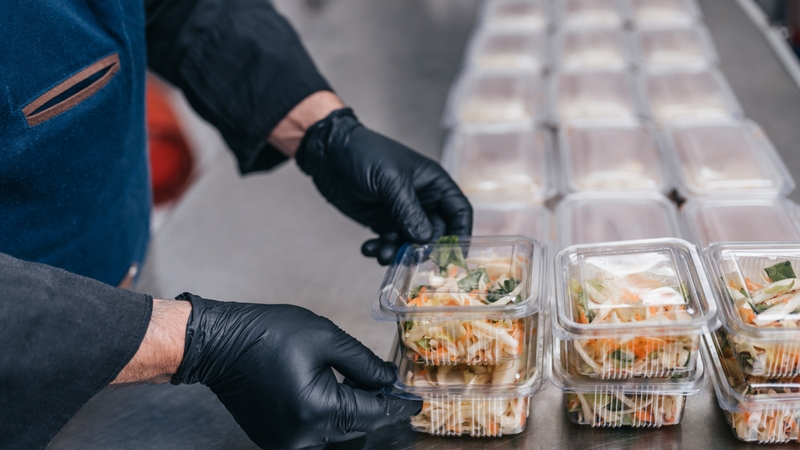The European Commission has introduced a ban on bisphenol A (BPA), a chemical found in plastics and resins, which is harmful to human health.
The ban extends to materials in contact with food, including coatings on metal cans, reusable plastic drink bottles, water coolers, and various kitchen utensils.
BPA, which has been banned in infant and toddler products such as bottles and teats since 2011, is known for its potential to cause serious health issues. The chemical has been linked to eye damage, allergic skin reactions, respiratory issues, and hormonal disruptions. As an endocrine disruptor, BPA can affect fertility and the reproductive system, with significant long-term health risks even at low exposure levels.
Health Commissioner Olivér Várhelyi emphasized that “Maintaining high food safety standards in the European Union and protecting citizens is one of the Commission’s top priorities.”
This move follows a 2023 opinion by the European Food Safety Authority (EFSA), which concluded that dietary exposure to BPA poses a health risk across all age groups. EFSA revised the tolerable daily intake, reducing it by a factor of 20,000 from the previous limit set in 2015.
Recent studies suggest that BPA exposure may contribute to declining sperm counts, genital malformations in male children, and an increase in hormone-sensitive cancers.
For most products affected by the ban, there will be an 18-month phase-out period, with limited exceptions for cases where no alternative is available. This period is designed to allow industries to transition while minimizing disruptions to the food supply chain.




